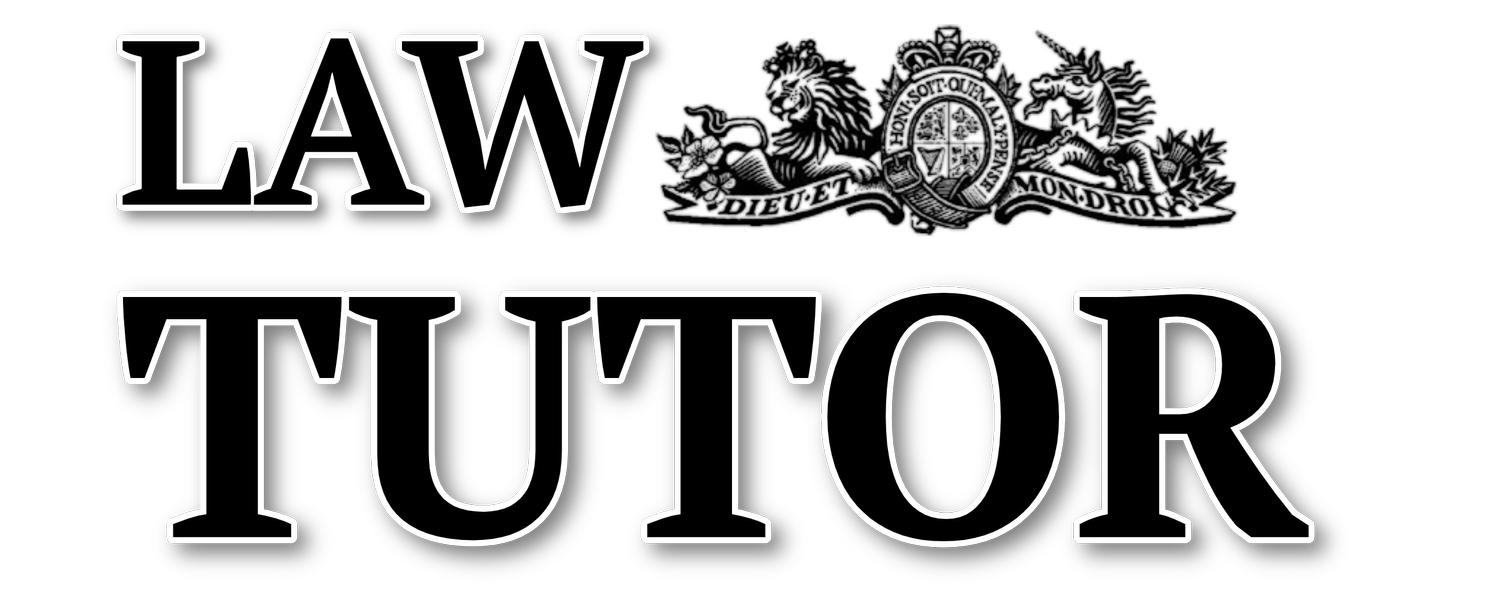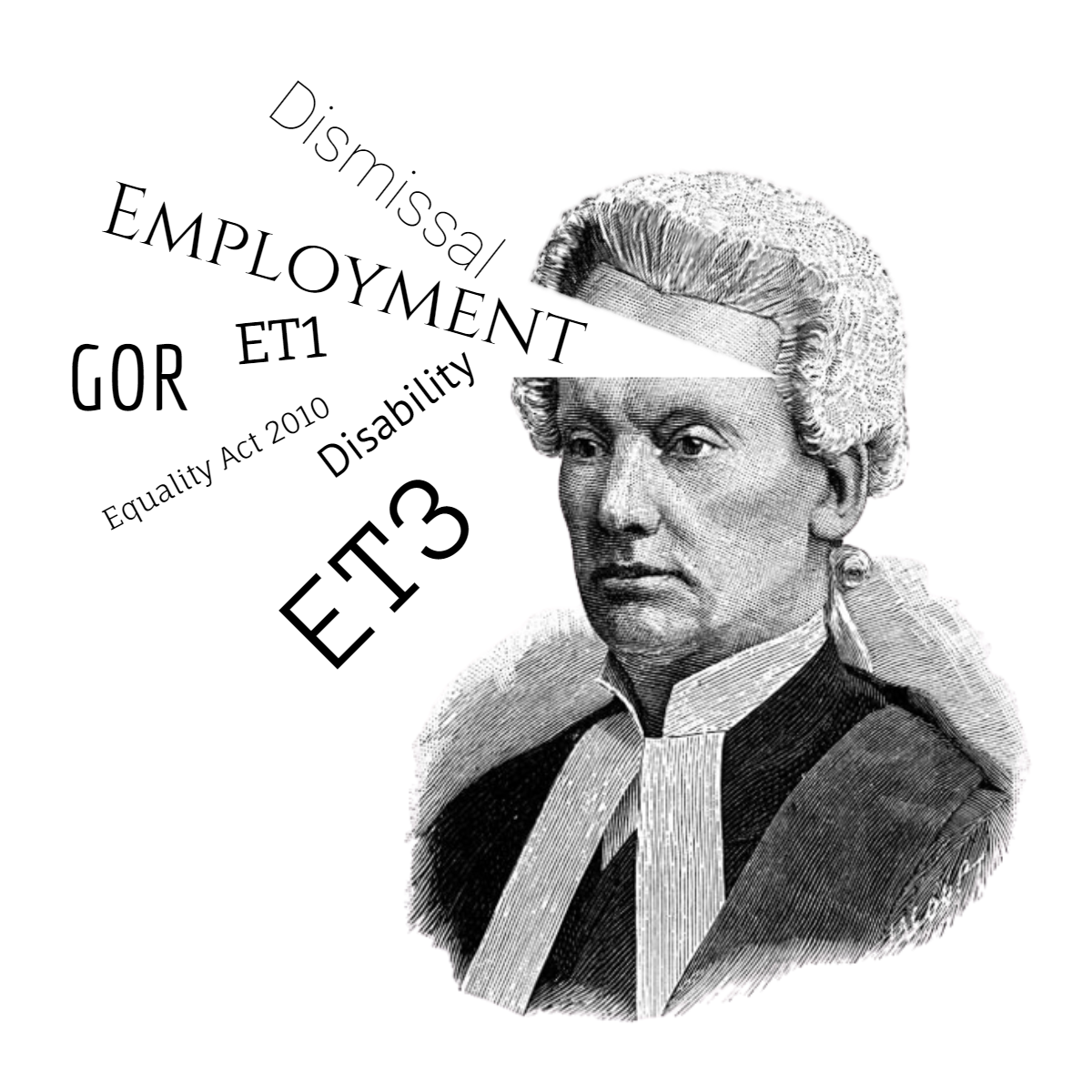Poor Performance
Dismissal
Poor Performance
Dismissal
A dismissal for poor performance is one that is due to the employee’s inability to perform the job to the standard expected by the employer. The employer must prove that it genuinely and reasonably believed that the employee was incompetent; it need not prove that the employee was actually incompetent. Dealing with the issue of substantive fairness, the employer must satisfy the following requirements as set out in British Home Stores Ltd v Burchell [1978] IRLR 379 (known as ‘the Burchell test’):
the employer had an honest belief that the employee was not capable of performing the job;
such belief was held on reasonable grounds; and
in forming such a belief, the employer carried out a reasonable investigation (which should involve giving the employee the opportunity to respond to the criticisms).
To demonstrate that the employer’s belief was reasonable, the employer should produce evidence including the honest views of the employee’s manager(s); complaints by customers and colleagues, or a drop in sales figures (where relevant). The employee may be able to prove the employer’s belief was not reasonable, by presenting evidence of above average sales figures; good appraisals, or that he/she was overworked.
The tribunal will consider whether the decision to dismiss and the investigation fell into the band of reasonable responses. It is important to remember that the tribunal cannot substitute its own view on the whether the employee was a poor performer; the employer only needs enough evidence to show its belief was honest and reasonable.
The Investigation
It is essential that the employer has reached its belief about the employee’s competence having carried out adequate investigation. This is also relevant to the question of procedural fairness. The employer should ensure it follows its own procedure (if it has one), in addition to the ACAS Code.
The first key, “Establish the facts of each case”, emphasises the importance of an adequate investigation.
This should involve meeting with the employee to ask questions about the reasons for the poor performance; discuss any evidence obtained and allow them the opportunity to respond.
The investigatory meeting should be a fact-finding opportunity; not a disciplinary exercise.
As a result of the investigation, the employer may decide to take no further action or to hold a formal hearing which may result in a written warning that the employee must improve. The employee should be given clear guidance on how to improve; the standards expected of him/her and the timescale within which to improve.
ACAS Code
The ACAS Code recommends that at least two warnings are given before an individual is dismissed for poor performance, unless there is gross negligence. The employer should ideally offer support and re-training where appropriate; the amount of this will depend on the size of the employer and the resources available to it. In the context of following the ACAS Code and any company procedure the steps will include arranging to:
a) appraise the employee;
b) warn of the consequences of not improving;
c) give the employee reasonable opportunity to improve; and
d) in most cases repeat the warning process at least once, perhaps more often.
The tribunal may also take into account whether the employer had any alternative roles within the organisation for which the employee would be suitable and competent. However, employers are not required to offer less demanding roles to employees because of capability; each case will depend on its own facts.
Employment Coaching
Get help with your employment issue, as it arises at work. If you are having problems at work you may not understand where to start. I can coach you to navigate your Employment Policies and Procedures. This can help you argue your employment issue and organise any potential claim in the right way up to the employment tribunal if needed. As an expert law tutor I will guide and support you through the whole process. I offer simple, cost effective and confidential employment advice for employees/workers on employment issues you experience at work. I particularly want to assist anyone who has been discriminated.
Employment Advice
I have been teaching law for 20 years. Moreover, I have gained a lot of employment law experience advising both individuals and companies. I have had many successful outcomes but more than that I have had countless cases that ended in settlements because the case could not be won by the employer. If you are having problems at work why not get someone to teach you how employment law works. I provide valuable advice while you are having trouble at work and can coach you through a successful outcome. I have been just as effective for defending employment claims for businesses.
HOw I can Help?
I need to raise a Grievance
How to gather evidence for my grievance
How to appeal my grievance
Defend a disciplinary
Dealing with a potential unfair dismissal
Is this an automatic unfair dismissal?
What are protected acts?
Resign and claim constructive dismissal
Is my Redundancy fair
What is the process for Whistleblowing?



